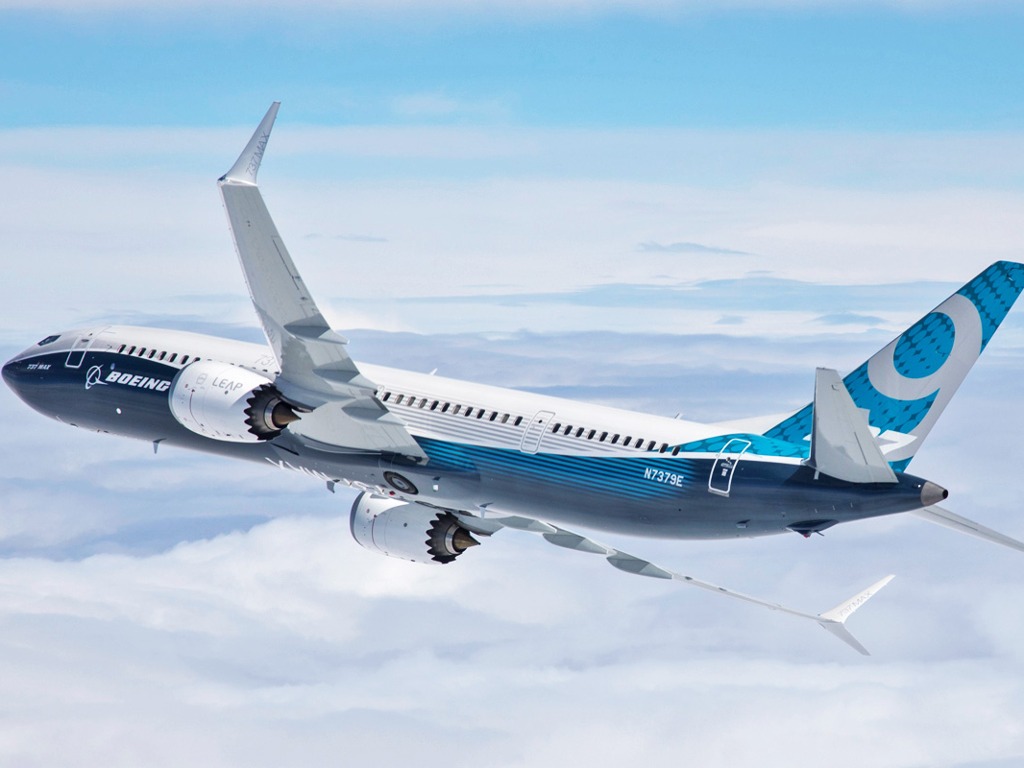FAA keeps Boeing 737-9 MAX grounded for extensive inspections

The U.S. Federal Aviation Administration (FAA) said late last week that it is requiring Boeing to provide additional data before the agency approves an extensive and rigorous inspection and maintenance process for returning 737 MAX-9 aircraft to service.
“We are working to make sure nothing like this happens again,” said FAA Administrator, Mike Whitaker. “Our only concern is the safety of American travellers and the Boeing 737-9 MAX will not return to the skies until we are entirely satisfied it is safe.”
Additional data required
The FAA also said that after reviewing Boeing’s proposed inspection and maintenance instructions, it determined it needed additional data before approving them. As a result, the FAA is requiring plug-door inspections of 40 aircraft.
And it indicated that it is encouraged by the “exhaustive nature” of Boeing’s instructions for inspections and maintenance. However, the FAA stated, in the interest of maintaining the highest standard of safety the agency will not approve the inspection and maintenance process until it reviews data from the initial round of 40 inspections.
Upon a full review of the data the FAA will make a determination whether the instructions satisfy compliance with the highest standard of safety. If the FAA approves Boeing’s inspection and maintenance instructions, operators will be required to perform that regimen on every aircraft before it is returned to service.
On Jan. 6, the FAA grounded approximately 171 Boeing 737-9 MAX planes after Alaska Airlines Flight 1282 lost a mid-cabin exit door plug while in flight.
New and significant actions
The Federal Aviation Administration (FAA) also said that it will be taking “new and significant actions” to immediately increase its oversight of Boeing production and manufacturing.
These actions come after the FAA formally notified Boeing that the FAA has launched an investigation into the company as a result of the Jan. 6 incident.
The actions include the FAA conducting:
- An audit involving the Boeing 737-9 MAX production line and its suppliers to evaluate Boeing’s compliance with its approved quality procedures. The results of the FAA’s audit analysis will determine whether additional audits are necessary.
- Increased monitoring of Boeing 737-9 MAX in-service events.
- Assessment of safety risks around delegated authority and quality oversight, and examination of options to move these functions under independent, third-party entities.
“It is time to re-examine the delegation of authority and assess any associated safety risks. The grounding of the 737-9 and the multiple production-related issues identified in recent years require us to look at every option to reduce risk,” Whitaker said. “The FAA is exploring the use of an independent third party to oversee Boeing’s inspections and its quality system.”
The FAA has also announced an investigation to determine if Boeing failed to ensure completed products conformed to its approved design and were in a condition for safe operation in compliance with FAA regulations.
To read the FAA’s letter to Boeing, CLICK HERE.
The FAA will continue to support the National Transportation Safety Board’s (NTSB) investigation into Alaska Airlines Flight 1282. The NTSB is in charge of the investigation and will provide any updates.
Tags:


